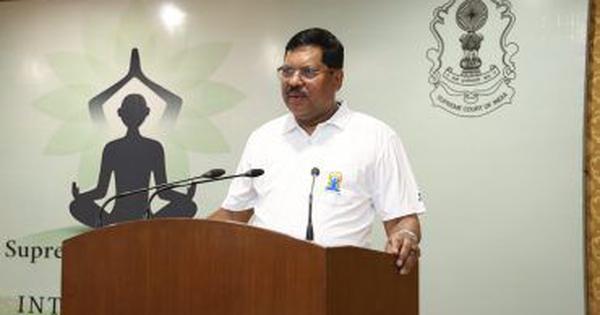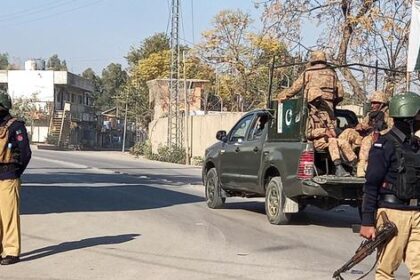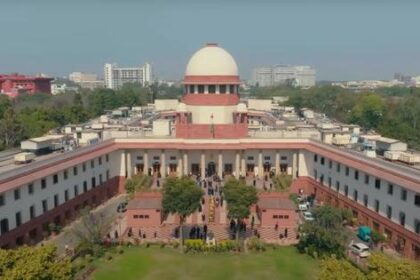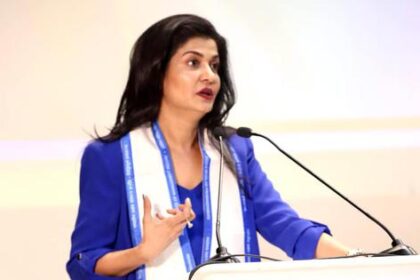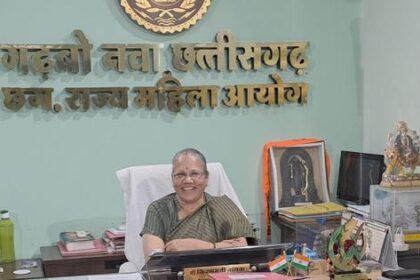Supreme Court addresses attack on Chief Justice while MEA remains non-committal on Trump’s oil claim.
Become a Scroll member to receive Rush Hour, a summary of the day’s key stories delivered to your inbox each evening. The Supreme Court has indicated it might be preferable to allow the recent attack on Chief Justice BR Gavai to fade away rather than amplify its coverage on social media. This statement came in response to the revelation that Attorney General R Venkataramani had consented to initiate criminal contempt proceedings against advocate Rakesh Kishore, who allegedly attempted to throw a shoe at the Chief Justice during a public event. The Supreme Court Bar Association President, Vikas Singh, had urged the bench to expedite the hearing of the case, but the court opted to postpone any further action until after the Diwali break. During discussions, the court raised concerns about the wisdom of intervening in a matter that the Chief Justice himself had characterized as a ‘forgotten chapter.’ Gavai’s remarks suggested a desire to move on from the incident.
In a separate development, the Ministry of External Affairs (MEA) has neither confirmed nor denied US President Donald Trump’s assertion that Prime Minister Narendra Modi has agreed to halt India’s purchase of Russian oil. The MEA stated that conversations regarding the enhancement of energy cooperation between New Delhi and Washington are ongoing. India’s energy policy emphasizes the importance of stable prices and secured supplies, with a long-standing objective to expand energy procurement from the US. This effort has seen steady progress over the past decade. Trump’s administration has imposed punitive measures on India for its imports of Russian oil, alleging that such transactions are financially supporting Moscow’s military actions in Ukraine. Congress leader Rahul Gandhi commented on Trump’s statement, interpreting it as indicative of Modi’s apprehension towards the US president.
Additionally, the Supreme Court has dismissed a petition from the Telangana government that sought to challenge the High Court’s interim stay on the increased quota of 42% for Other Backward Classes in the upcoming local body elections. The bench noted that the High Court must adjudicate the main case based on its merits, rather than relying solely on the dismissal of the current matter. The High Court had previously stayed a government order that increased total reservations in the state to 67%, which effectively breached the Supreme Court’s established 50% cap on quotas. The state government contended that the 50% limit should not be viewed as an unyielding rule and could be adjusted based on empirical evidence.
In another notable case, the Union government informed the Supreme Court that the execution of Malayali nurse Nimisha Priya in Yemen has been stayed. Priya, hailing from Palakkad in Kerala, is on death row for the alleged murder of Yemeni citizen Talal Abdo Mehdi in July 2017. The court was hearing a petition from the Save Nimisha Priya Action Council, which is advocating for her release and requesting the Union government to take diplomatic measures to prevent her execution. The Supreme Court bench has scheduled the matter for a hearing in January but indicated it would be willing to address it sooner if circumstances warrant such action. Previously, the Union government had conveyed to the Supreme Court in July that its capacity to intervene further in the matter was limited.

